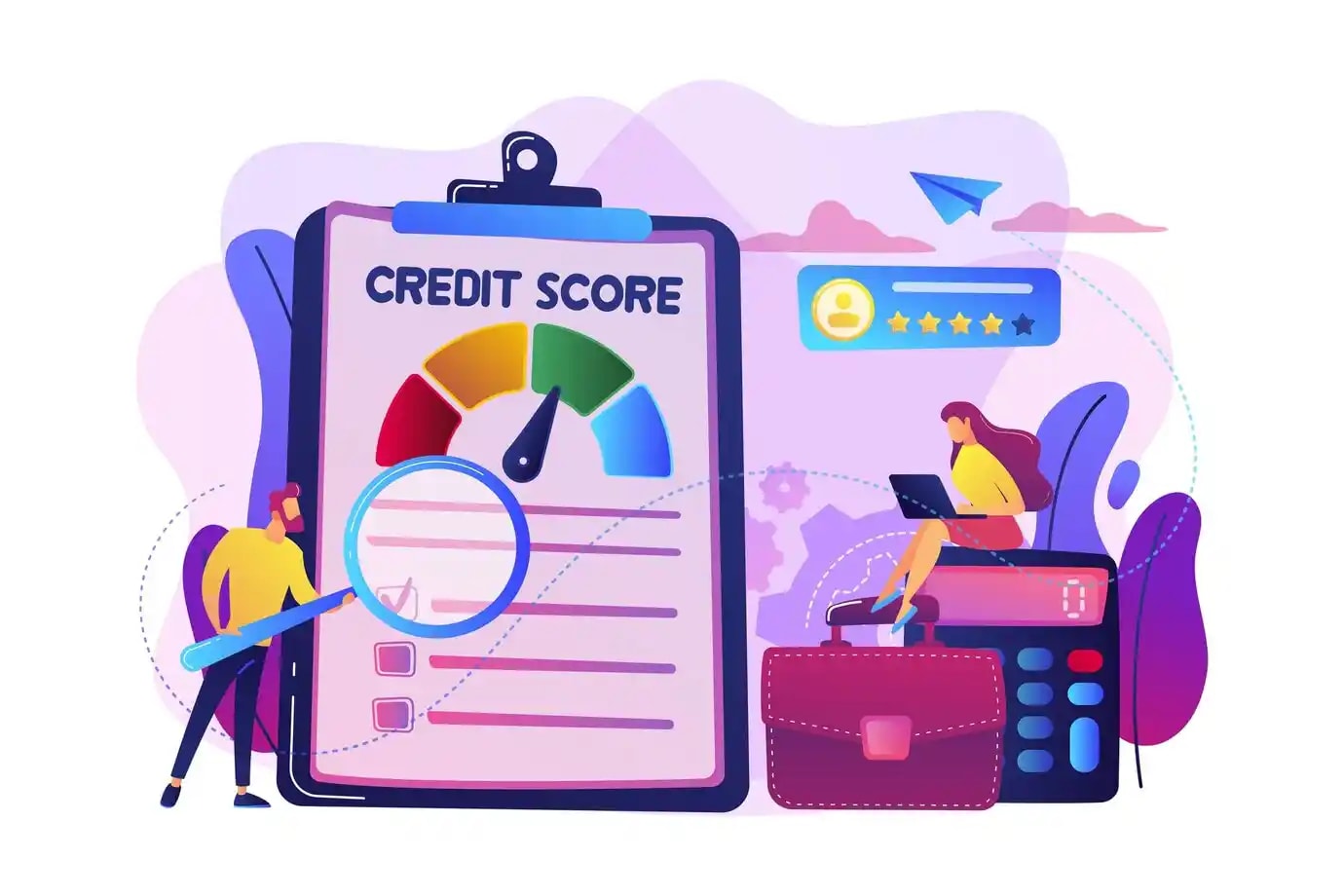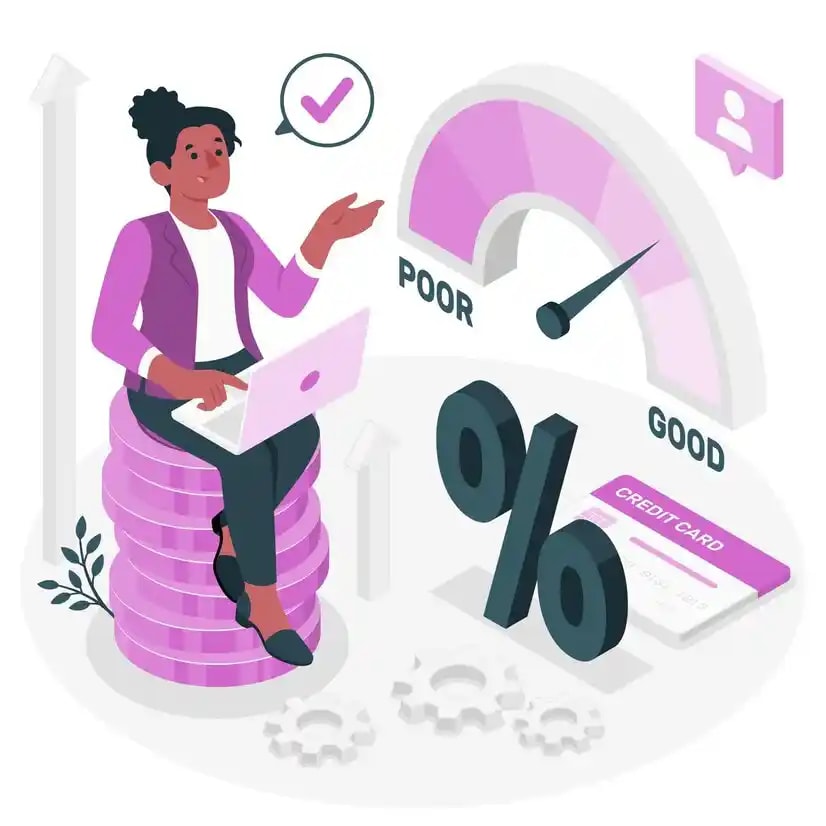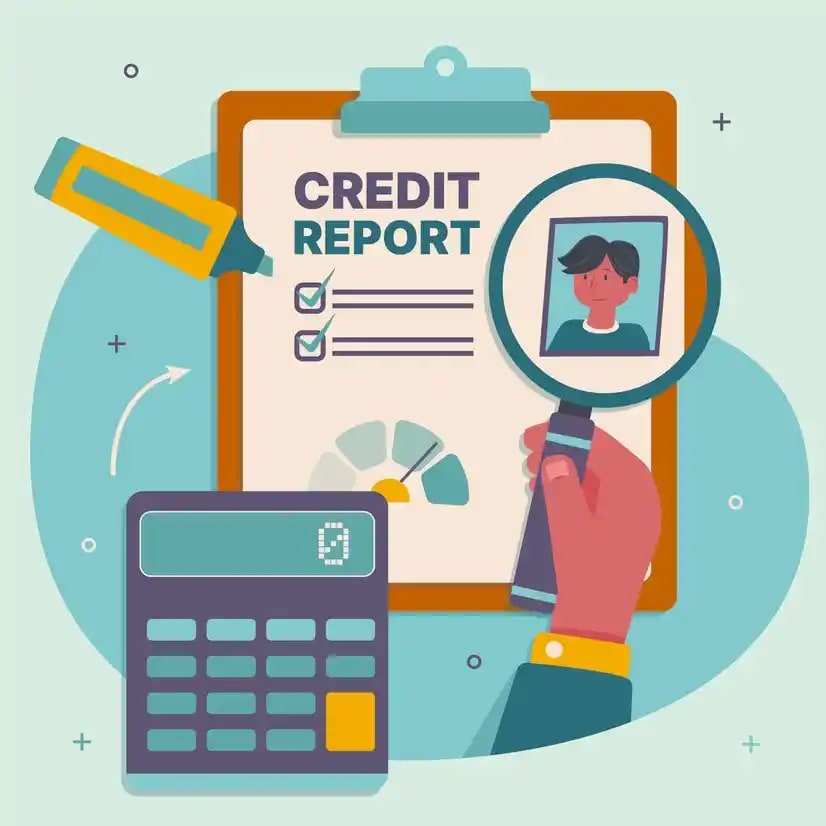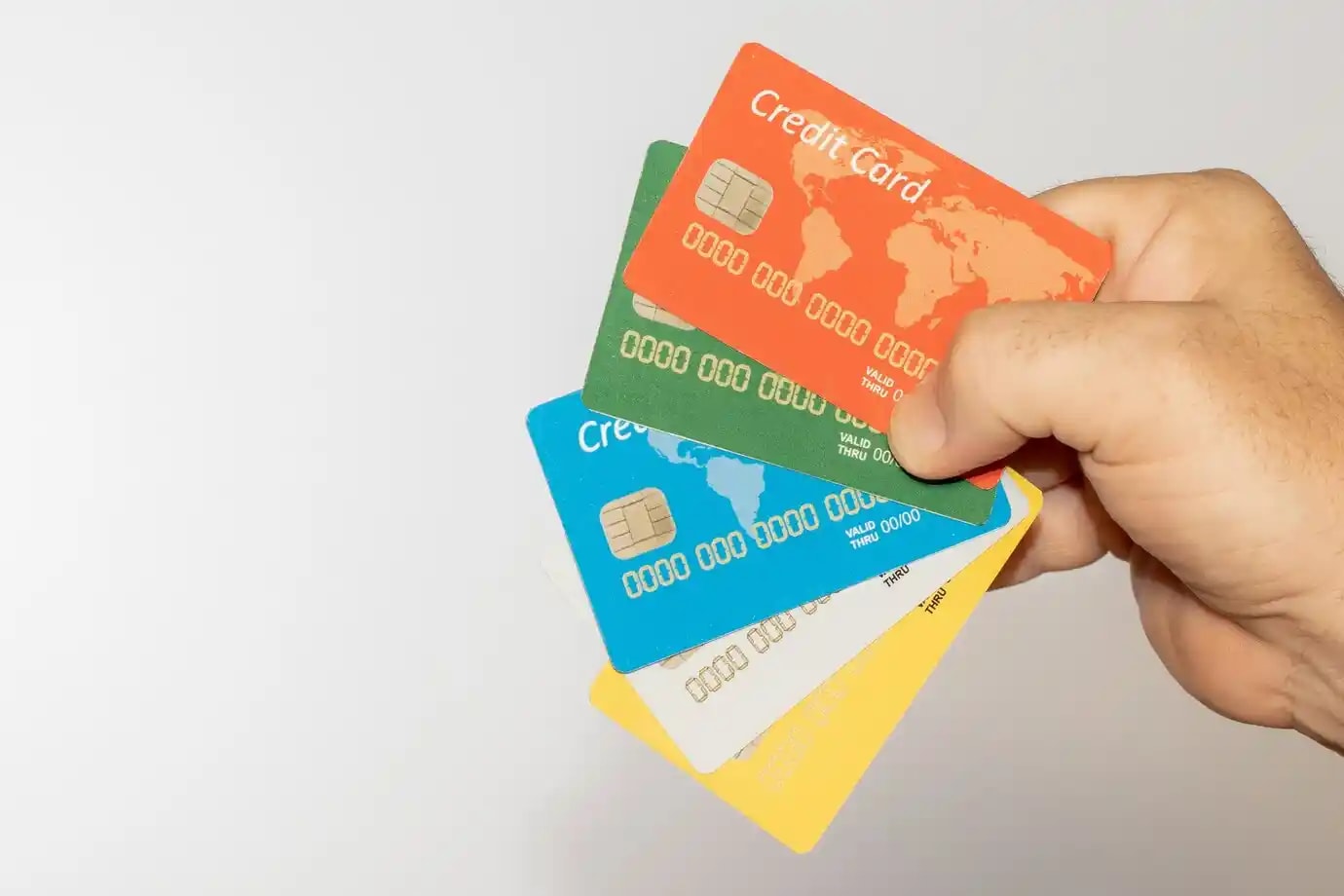Introduction to Credit Scores
Your credit score is one of the most important numbers in your financial life. It determines your ability to get loans, credit cards, and even affects things like rental applications and insurance rates. But what exactly is a credit score, and how can you improve it?
A credit score is a three-digit number that represents your creditworthiness based on your credit history. Lenders use this score to evaluate the risk of lending you money. The most common credit scoring models range from 300 to 850, with higher scores indicating better credit health.
1 What is a Good Credit Score?

Credit scores typically fall into the following ranges:
- 300-579: Poor - Likely to be denied credit or offered very high interest rates
- 580-669: Fair - May qualify for some credit but with higher interest rates
- 670-739: Good - Likely to qualify for most credit at reasonable rates
- 740-799: Very Good - Will likely receive better-than-average interest rates
- 800-850: Excellent - Will qualify for the best interest rates and terms
While a score of 670 or above is generally considered good, aiming for a score of 700 or higher will give you access to the best financial products and lowest interest rates.
How to Improve Your Credit Score
Improving your credit score takes time and consistent effort, but these five steps will set you on the right path:
- Pay all bills on time: Payment history is the most important factor in your credit score.
- Keep credit card balances low: Try to use less than 30% of your available credit.
- Avoid applying for too much credit at once: Multiple hard inquiries can lower your score.
- Check your credit reports regularly: Dispute any errors you find.
- Maintain old credit accounts: A longer credit history improves your score.
Pros of a Good Credit Score
- Lower interest rates on loans and credit cards
- Higher chances of loan approval
- Better credit card rewards and benefits
- Easier approval for rental applications
- Potential savings on insurance premiums
Cons of a Poor Credit Score
- Higher interest rates or denied applications
- Security deposits required for utilities
- Limited access to premium credit products
- Potential impact on employment opportunities
- Difficulty renting apartments or homes
2 Why Paying Bills on Time is Crucial

Your payment history is the single most important factor in your credit score, accounting for approximately 35% of your FICO score. Even one late payment can significantly damage your credit score, especially if it's more than 30 days past due.
Setting up automatic payments or payment reminders is the best way to ensure you never miss a due date. Many lenders offer autopay options that automatically deduct your minimum payment or statement balance from your bank account each month.
Benefits of On-Time Payments
- Builds positive payment history
- Avoids late fees and penalty APRs
- Prevents negative marks on credit report
- May qualify for credit limit increases
- Maintains good relationship with lenders
Consequences of Late Payments
- Can lower credit score by 100+ points
- Late fees and increased interest rates
- Remains on credit report for 7 years
- May trigger review of other accounts
- Potential for account closure by lender
Related Articles
3 How Credit Card Usage Affects Your Credit Score

Credit utilization—the percentage of your available credit that you're using—is the second most important factor in your credit score, accounting for about 30% of your FICO score. Experts recommend keeping your overall credit utilization below 30%, and ideally under 10% for the best scores.
Your credit utilization is calculated both overall (across all cards) and per card. Even if your overall utilization is low, having one card maxed out can still hurt your score. The simplest way to manage utilization is to pay down balances before the statement closing date, since that's when most card issuers report to credit bureaus.
Benefits of Low Credit Utilization
- Shows lenders you're not over-reliant on credit
- Can quickly improve your credit score when lowered
- May help you qualify for credit limit increases
- Reduces interest charges when balances are paid monthly
- Demonstrates responsible credit management
Problems with High Credit Utilization
- Can significantly lower your credit score
- Suggests potential financial stress to lenders
- May trigger adverse action from card issuers
- Increases interest costs when carrying balances
- Makes it harder to get approved for new credit
Related Articles
4 Why You Should Check Your Credit Report Regularly

Regularly monitoring your credit reports is essential for maintaining good credit health. Errors on credit reports are more common than you might think—according to a Federal Trade Commission study, about 20% of consumers had an error on at least one of their credit reports.
You're entitled to a free credit report from each of the three major bureaus (Equifax, Experian, and TransUnion) every week through AnnualCreditReport.com. Stagger your requests throughout the year to monitor your credit regularly. Look for errors like accounts you didn't open, incorrect payment statuses, or outdated negative information.
Benefits of Regular Credit Monitoring
- Helps catch and correct errors quickly
- Early detection of identity theft
- Allows you to track your credit improvement progress
- Helps you understand how financial actions affect your score
- Provides peace of mind about your financial health
Risks of Not Monitoring Credit
- Errors could go unnoticed and damage your score
- Identity theft might not be detected early
- Missed opportunities to improve your credit
- Potential surprises when applying for new credit
- Difficulty pinpointing what's affecting your score
Related Articles
5 Should You Keep Old Credit Cards Open or Close Them?

The length of your credit history accounts for about 15% of your FICO score. This factor considers the age of your oldest account, the age of your newest account, and the average age of all your accounts. Generally, keeping older accounts open helps your credit score by demonstrating a longer history of responsible credit use.
However, there are exceptions. If a card has a high annual fee that isn't justified by the benefits, or if keeping the card open tempts you to overspend, it might be better to close it. Before closing an old card, consider whether it will significantly impact your overall credit utilization or reduce your average account age.
Benefits of Keeping Old Cards Open
- Lengthens your credit history, improving your score
- Maintains your total available credit, helping utilization
- Preserves your credit mix if it's a different type of account
- May provide backup credit in emergencies
- Could offer valuable benefits or protections
Reasons to Consider Closing Cards
- High annual fees that outweigh benefits
- Temptation to overspend and accumulate debt
- Poor customer service or unfavorable terms
- Simplifying your financial life
- Fraud concerns if the card is rarely monitored
Related Articles
6 Why Applying for Too Many Loans or Credit Cards Can Hurt Your Score

Each time you apply for credit, the lender typically performs a "hard inquiry" on your credit report. While a single hard inquiry might only lower your score by a few points, multiple inquiries in a short period can have a more significant impact. This is because lenders may interpret numerous applications as a sign of financial distress.
It's important to note that rate shopping for certain types of loans (like mortgages, auto loans, or student loans) is treated differently. Multiple inquiries for the same type of loan within a short window (usually 14-45 days) are typically counted as a single inquiry in FICO scoring models.
Benefits of Limiting Credit Applications
- Minimizes hard inquiries on your credit report
- Helps maintain a higher credit score
- Shows lenders you're not desperate for credit
- Reduces the temptation to take on too much debt
- Allows you to be more selective about credit offers
Risks of Too Many Applications
- Multiple hard inquiries can lower your score
- May signal financial trouble to lenders
- Could lead to higher interest rates if approved
- Might result in several new accounts at once
- Can lower your average account age
Related Articles
Frequently Asked Questions
You should check your credit score at least once every few months, and always review your full credit reports from all three bureaus (Equifax, Experian, and TransUnion) at least once per year through AnnualCreditReport.com.
Some improvements can be seen in as little as 30-60 days (like reducing credit utilization), while building a positive payment history takes several months to years. Negative items like late payments remain on your report for 7 years.
Checking your own credit score results in a soft inquiry, which does not affect your score. Only hard inquiries from lenders when you apply for credit can slightly lower your score.
